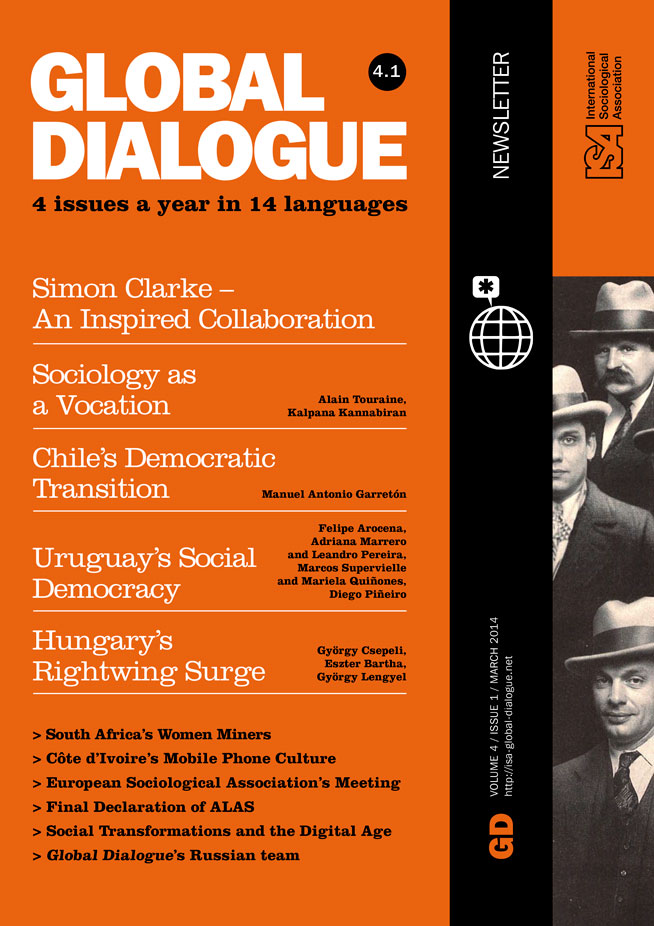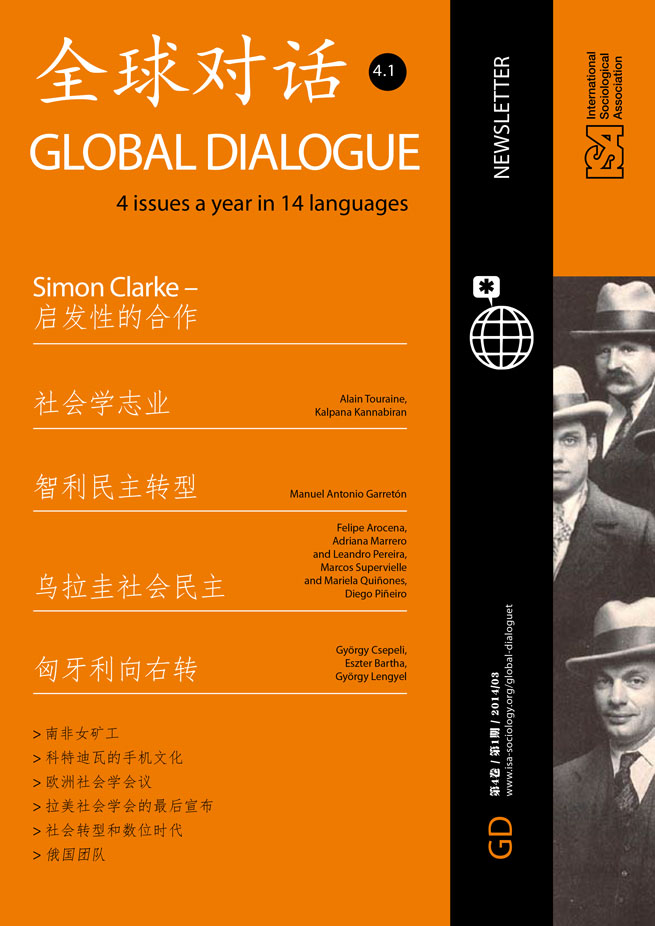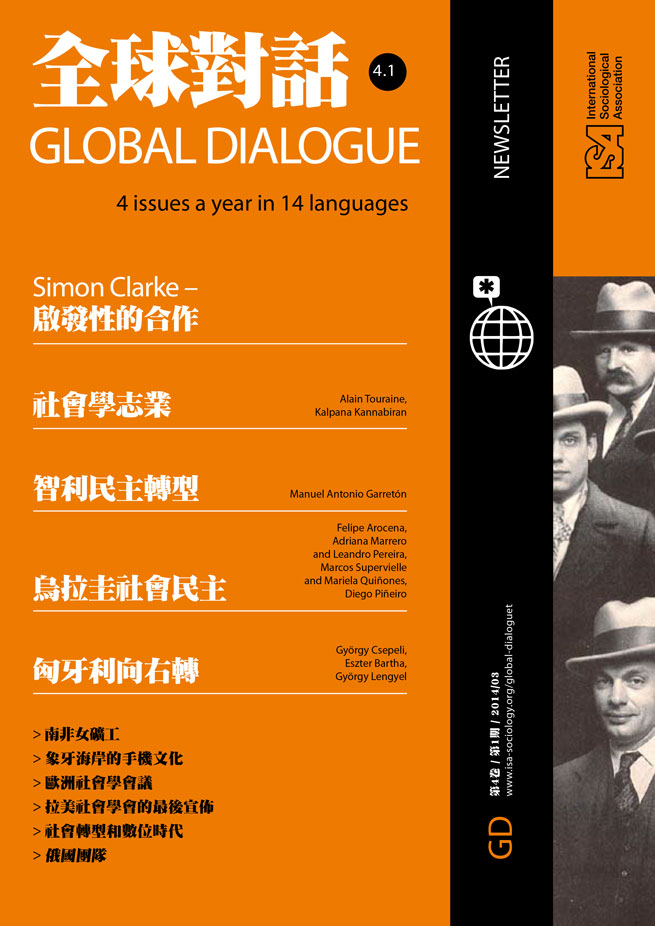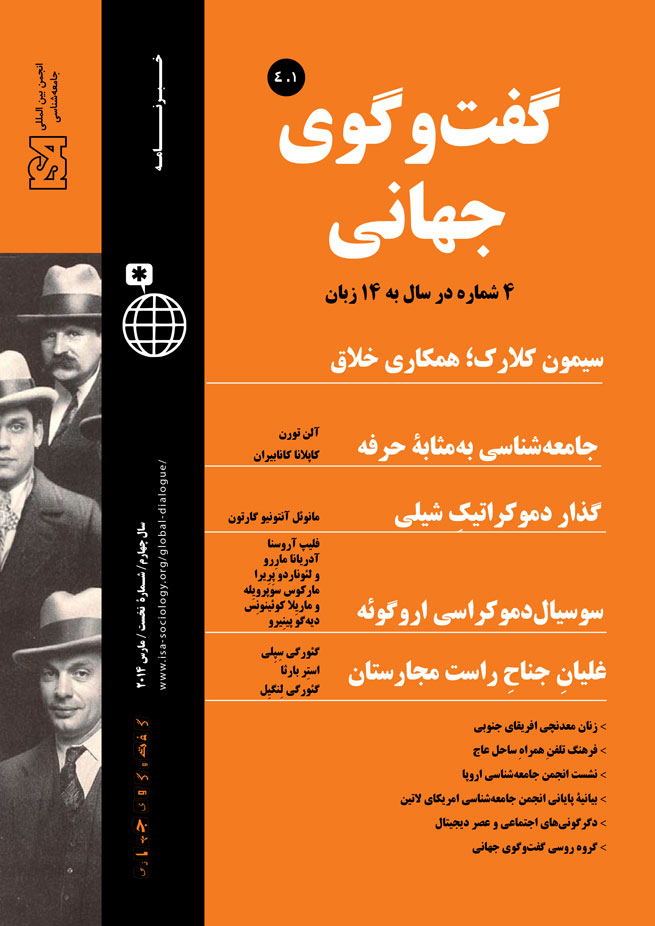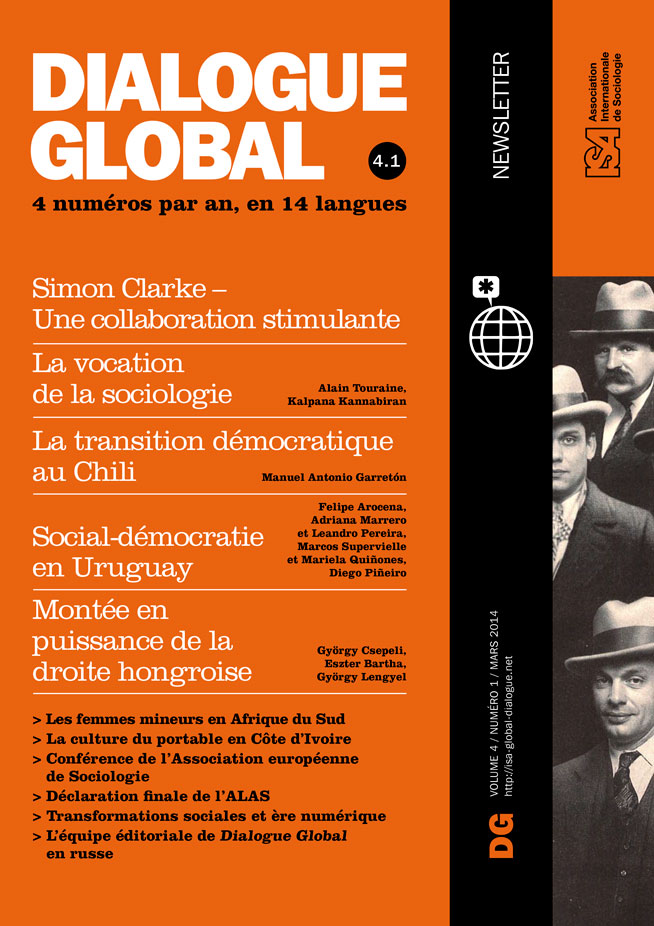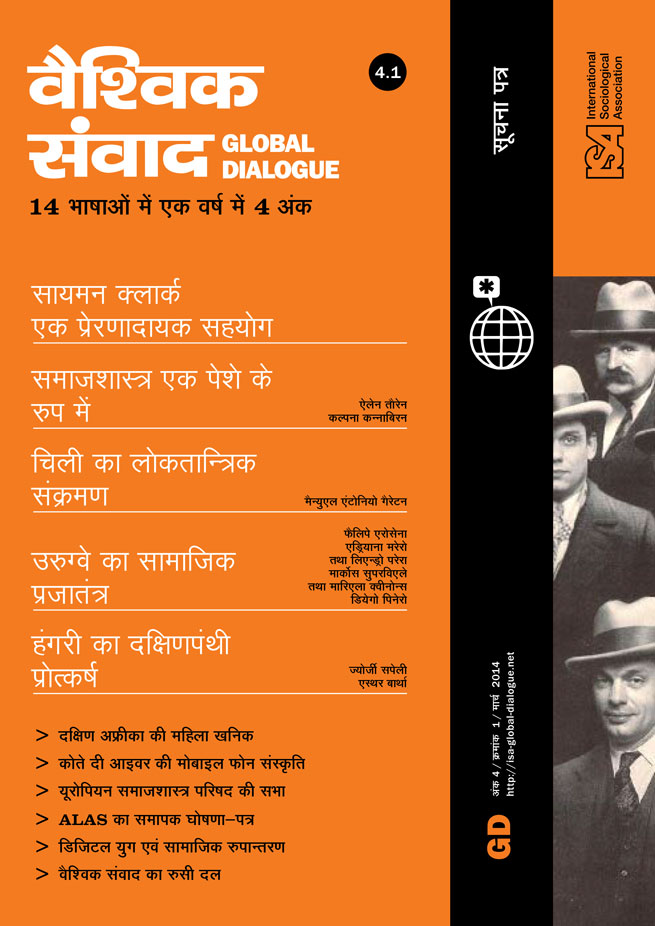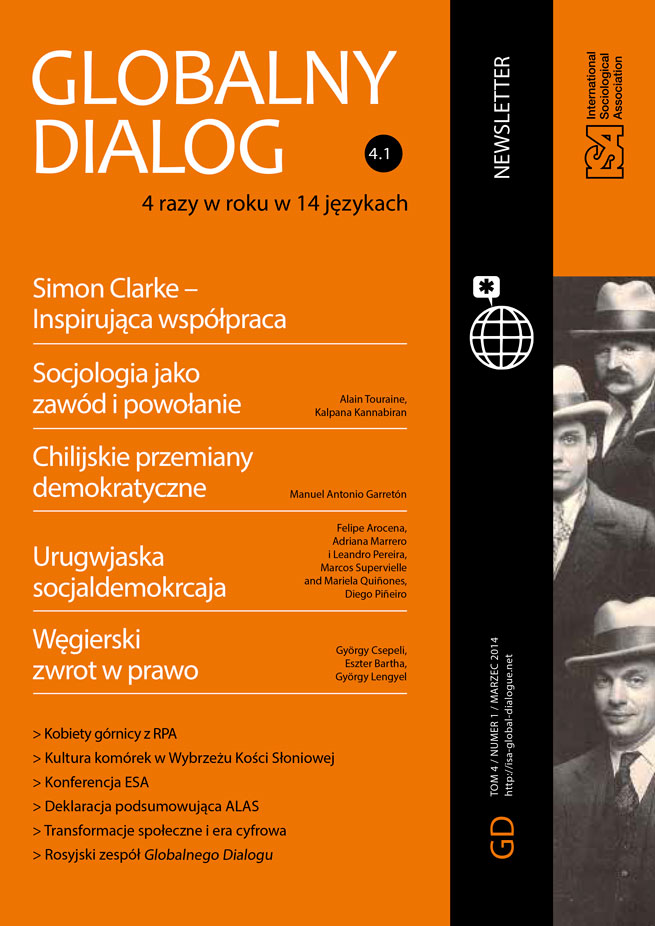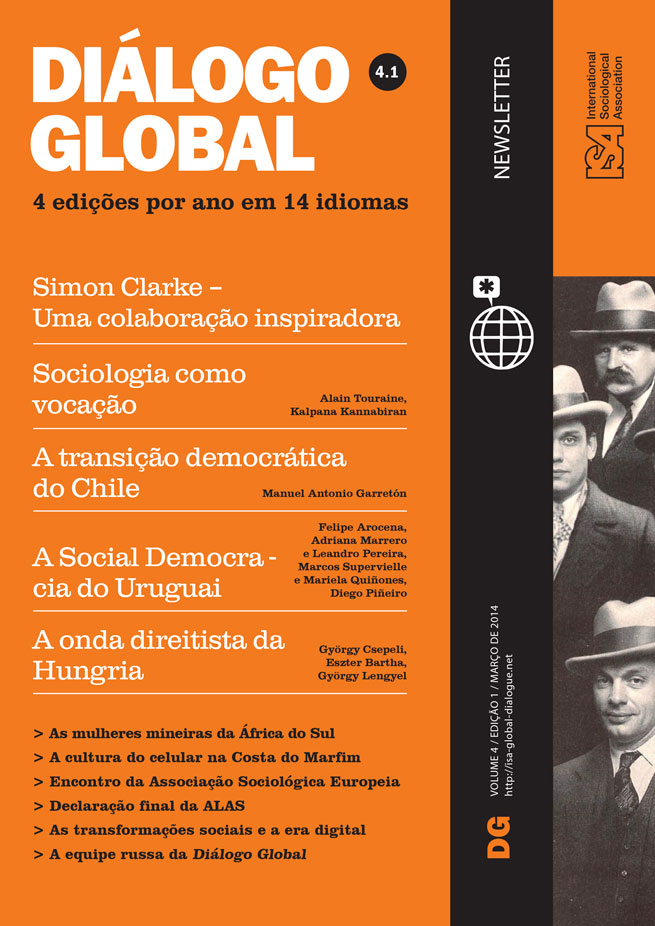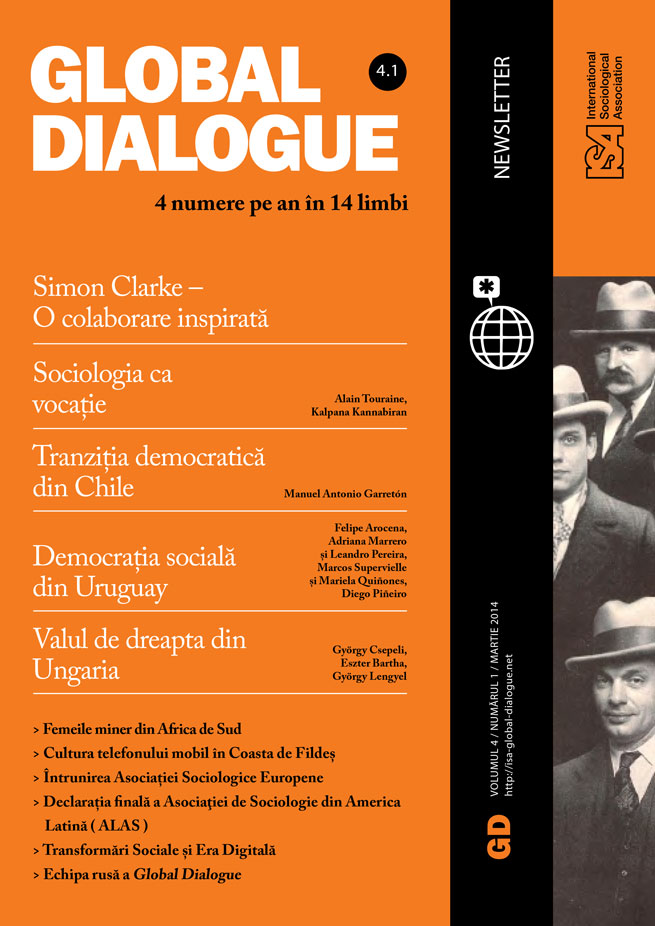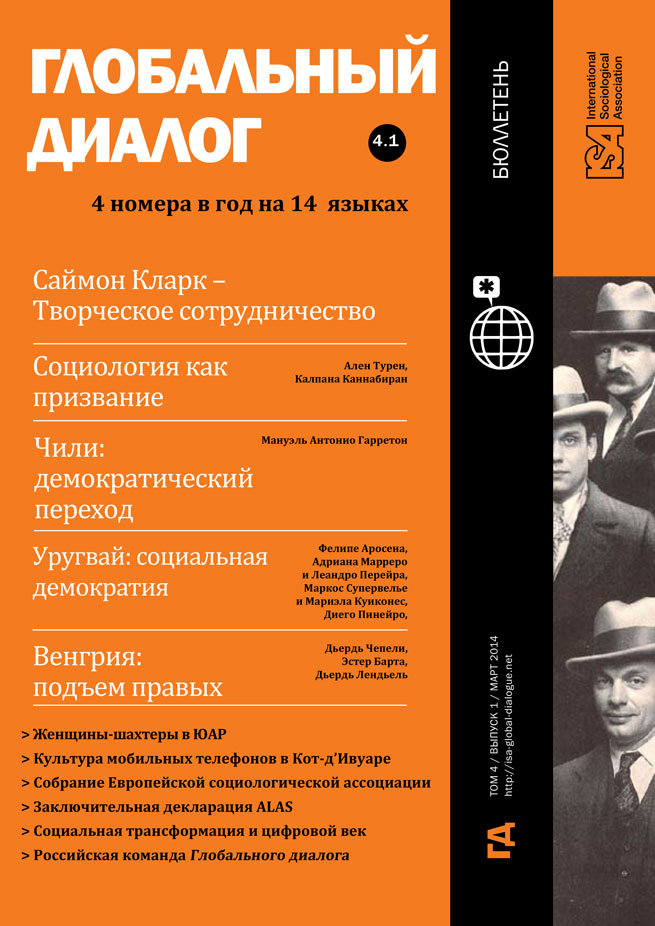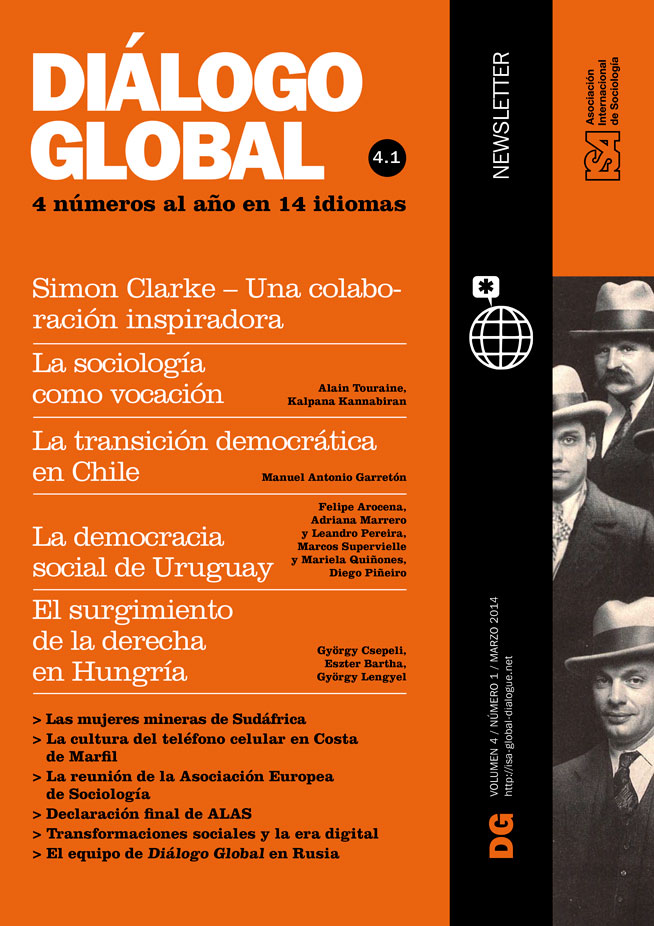The Rise of Hungary’s Mafia Society
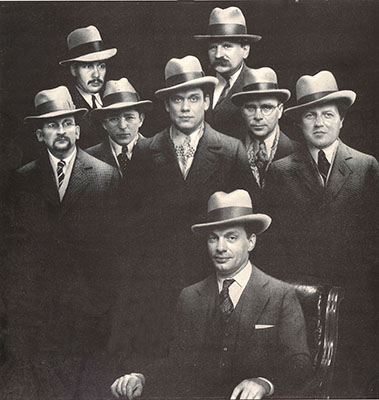
February 10, 2014
More than twenty years have passed in Hungary since the annus mirabili of 1989, when state socialism suddenly ceased to exist and gave way to a new system based on liberal principles. It was then that the transition to a market economy and democracy began. As Michael Burawoy and Katherine Verdery wrote in their introduction to Uncertain Transition, observers of this process were divided in their interpretation, caught between the grand narratives of “the end of history” and the “new, unknown orbit of postmodernity.” The reality turned out to be rather different.
Except for a few radical intellectuals and well-informed high-ranking Communist cadres, no agents of the process had really expected the transition to the new order. The common people certainly were not in favor of the change and they soon realized that the novelties of the system, in particular entrepreneurship and unemployment, were not to their taste.
Among the countries living in state socialism Hungary was known for tolerating a certain kind of entrepreneurship in agriculture. According to Ivan Szelenyi’s book, Socialist Entrepreneurs, during state-socialist Hungary about 10% of the population were involved in activities that had an entrepreneurial appearance. Entrepreneurship, however, in the sense of Western capitalism, was not only not permitted but it was considered a crime. Szelenyi’s theory of “interrupted embourgeoisement” proved to be wrong. The ex-socialist entrepreneurs quickly realized that under the new dispensation entrepreneurship was too risky and most of them failed. Success was contingent on networks rather than on talent or achievement.
Many of the new post-socialist entrepreneurs did not derive from former “socialist entrepreneurs” but from former high-ranking cadres. Many of those who came from the working class or from middle and lower cadre positions have had to face the likelihood of unemployment. One and a half million former employees of the bankrupt state economy immediately lost their jobs as a consequence of the transition from a “shortage economy” to a “surplus economy.” The differences in income and consumption between the richest and the poorest families have become more marked, especially in recent years. Marginalized populations that include Roma, elderly people living in remote rural areas, and the homeless have lost all hope of catching up with society at large. Ethnic and territorial inequalities have overlapped, resulting in the emergence of ghetto-like settlements in Northern Hungary. Discrimination and a culture of poverty make the life of the Roma minority miserable.
In addition to material insecurity, there is a sense of epistemological insecurity that emerged with the opening of spaces for competing worldviews and ideologies. Vaclav Havel’s famous greengrocer, living in socialism, demonstrated that “living a lie is living a lie.” No matter whether they were in power or were powerless, believers in socialism as well as the opposition were convinced that truth and falsity were clear, water-tight categories. With the transition from the party state to political pluralism, the frontier between truth and falsity disappeared – a division that before the transition had seemed so permanent. Unaccustomed to choosing between competing truths and lies people have become disoriented. Freedom of thought has become a nightmare for those citizens who were afraid of thinking.
These two kinds of insecurity have led to a democratic revolt against liberalism. With the landslide victory for the Nationalist Coalition in 2010, democracy has devoured its children. On the 25th anniversary of the transition it could well happen that Hungary will return to state socialism, only this time it will appear in the guise of national socialism.
According to Bálint Magyar Hungarian society today can be characterized as a “mafia state,” partitioned into closed circles within which social ties are thick but between which ties barely exist. Or to put it in sociological terms, following Mark Granovetter, the prevalence of strong ties has given rise to the mafia state that, in turn, has inhibited the development of social organization based on weak ties. In consequence, the absence of civil society organizations based on weak ties has restricted national competitiveness and the growth of the economy.
In order to secure their legitimacy, leaders of the “mafia state” necessarily resort to a nationalist ideology. People outside the mafias that control the mechanisms of redistribution of goods and services get their share of redistribution in symbolic goods – the endlessly repeated message of nationalist ideology that Hungarians are born as freedom fighters, combatting internal and external enemies who are joined in a conspiracy. The internal enemy does not need to be defined as it has been stable and well known for a long time, namely the Jews. The external enemy, however, has changed since there are no more Turks, Habsburgs or Soviets to target. The new external enemy is now sitting in Brussels. The European Union has become the focus of Hungary’s nationalist resentment. Paradoxically, or perhaps not so paradoxically, the anti-European Union rhetoric fakes ignorance of the funds pouring into the country from various EU sources.
The mafia state has produced three social clusters. One is the cluster within the closed circles of the ruling political families. The second consists of believers who are willing to consume the nationalist message of the government. They are ready to participate in the System of National Cooperation as it is called by the ruling party. There are several reasons for this enthusiasm: ardent anti-Communism, drives to recruit neophytes, experiences of injustice under the prior regime of state socialism or simply careerism. The third cluster of Hungarians consists of the new emigrants whose numbers have increased in the past few years. According to a study by Ágnes Hárs, it is the better educated, young people, residing in Western Transdanubia (adjoining Austria), and the old industrial heartland of Northern Hungary that provide the backbone of this emigration.
For those who remain in Hungary, however, there is no other exit from the present situation than to reestablish some sense of social trust, that is, the capacity to develop cooperation among members of society who are strangers to one another. The task must be to break out of the captivity of close ties and to create many new communities based on weak ties.
György Csepeli, Eötvös Loránd University, Budapest, Hungary


